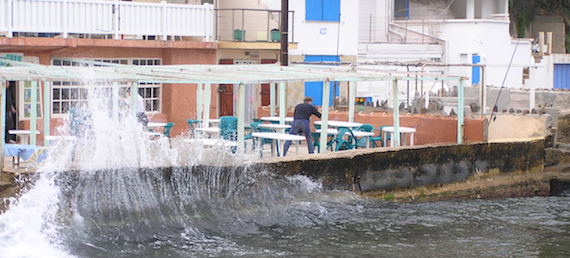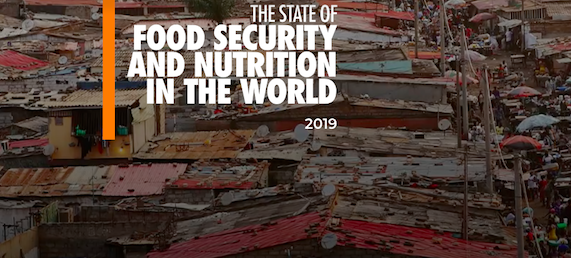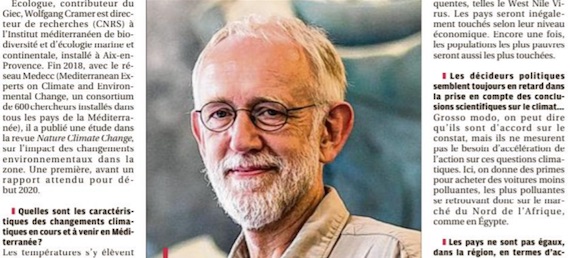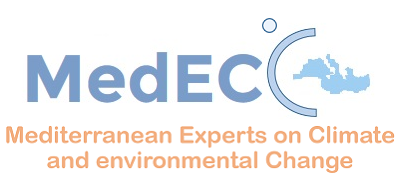Home » Scientific news » Page 31
Scientific news
The scientific knowledge on climate and environmental change in the Mediterranean evolves rapidly. In this section we collect and present the recently published scientific articles, reports, books, policy papers and other contents on these issues. Do not hesitate to contact us and share with us the publications of an interest to the community.

Fernández-Montblanc, T., Vousdoukas, M.I., Ciavola, P., Voukouvalas, E., Mentaschi, L., Breyiannis, G.,
Feyen, L., Salamon, P., 2019. Towards robust pan-European storm surge forecasting. Ocean Model. 133,129–144. doi:https://doi.org/10.1016/j.ocemod.2018.12.001 Highlights A surge-tidal, unstructured grid model for pan-European Storm Surge Forecasting. Satisfactory validation…...

Among other highlights, this edition finds that: More than 820 million people in the world were still hungry in 2018, underscoring the immense challenge of achieving the Zero Hunger target by 2030. Hunger is on the rise in almost all…...

Grillakis, M.G., 2019. Increase in severe and extreme soil moisture droughts for Europe under climate
Sci. Total Environ. doi:10.1016/J.SCITOTENV.2019.01.001 Highlights This study found indications about reduction in future soil moisture for Europe under RCP2.6 and RCP6.0. It was found…...

The Summit of the Two Shores (“Sommet de 2 Rives”) is an Initiative of the French Republic to strengthen ties between the two shores of the Mediterranean. It was held on 24 June 2019 in Marseille (France) and brought the…...

We are pleased to invite you to become a reviewer of the 1st MedECC Assessment Report (MAR1) on current state and risks of climate and environmental change in the Mediterranean. Presently, MedECC prepares its 1st assessment report which will be…...

"Atlas of Ecosystem Services. Drivers, Risks, and Societal Responses" Editors: Schröter, M., Bonn, A., Klotz, S., Seppelt, R., Baessler, C. (Eds.) This book aims to identify, present and discuss key driving forces and pressures on ecosystem services. Ecosystem services are the…...

